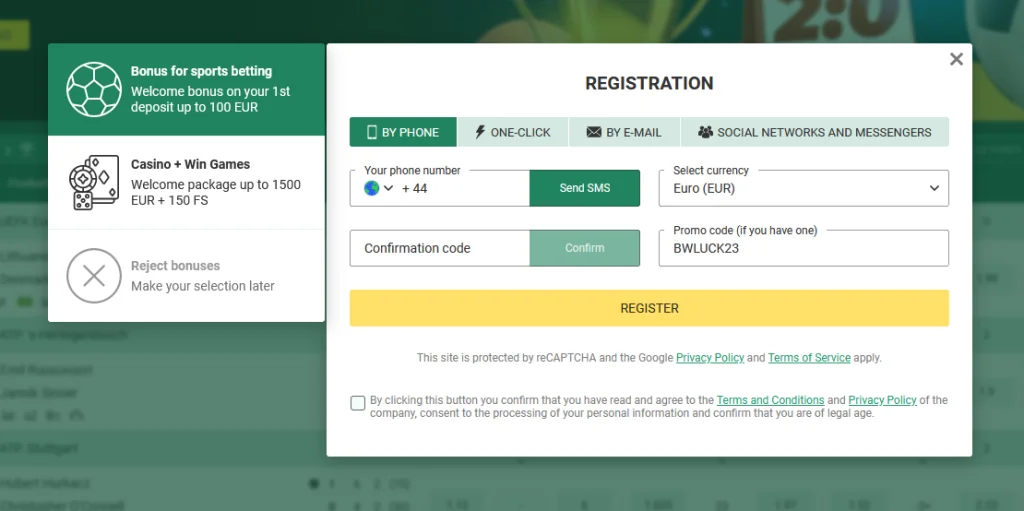Introduction: The Pulse of EDM
Electronic Dance Music (EDM) has transformed from a niche genre to a global phenomenon, pulsating through festivals, nightclubs, and playlists worldwide. Its infectious beats and euphoric melodies have captured the hearts of millions, making it a cultural staple for a generation. As we explore the vibrant world of EDM, we will uncover its origins, evolution, and the significant role it plays in the music industry today.
What is EDM?
EDM, or Electronic Dance Music, is a broad range of percussive electronic music genres primarily produced for nightclubs, raves, and festivals. It encompasses various styles, including house, techno, trance, drum and bass, and dubstep, each with its unique sound and vibe. While the term “EDM” gained popularity in the early 2010s, its roots trace back to the late 1970s and 1980s with the advent of electronic instruments and digital music production.
A Brief History of EDM
The journey of EDM began in the late 20th century. In the 1970s, pioneering artists like Kraftwerk and Giorgio Moroder experimented with synthesizers, laying the groundwork for electronic music. The emergence of house music in Chicago during the 1980s and techno in Detroit further propelled the genre into the mainstream. By the 1990s, electronic music began to gain traction in Europe, leading to the birth of rave culture and massive dance parties.
Fast forward to the 2000s and 2010s, when EDM exploded in popularity, thanks in part to artists like Tiësto, David Guetta, and Calvin Harris. Major music festivals, such as Tomorrowland and Ultra Music Festival, showcased EDM artists and attracted massive crowds, solidifying the genre’s place in popular culture.
The EDM Experience: Festivals and Community
One of the defining characteristics of EDM is the communal experience it fosters. Festivals and events bring together people from diverse backgrounds, united by a love for music and dance. The vibrant atmosphere, stunning visual displays, and energetic performances create an immersive experience that transcends the ordinary.
Festival Culture
Festivals like Tomorrowland, Coachella, and Electric Daisy Carnival have become pilgrimage sites for EDM fans. These events not only feature top-tier DJ lineups but also embrace elaborate stage designs, light shows, and interactive installations. The festival culture has fostered a sense of belonging among fans, creating lifelong memories and friendships.
The Role of Community
The EDM community is a vital aspect of the genre’s appeal. Social media platforms and online forums have enabled fans to connect, share experiences, and discover new music. Artists often engage directly with their followers, creating a sense of intimacy and loyalty. This unique bond between artists and fans is a driving force behind the genre’s continued growth.
EDM’s Influence on the Music Industry
The impact of EDM extends beyond festivals and fan culture; it has also reshaped the music industry landscape. The genre has influenced mainstream pop music, with many artists incorporating electronic elements into their work. Collaborations between EDM producers and pop stars have become increasingly common, blurring the lines between genres.
Chart Domination
EDM has dominated music charts in recent years, with tracks like “Wake Me Up” by Avicii and “Despacito (Remix)” featuring Justin Bieber becoming global hits. This crossover success has opened doors for emerging artists and provided a platform for them to reach wider audiences.
The Rise of DJ Culture
The rise of DJ culture has also transformed the way music is consumed. DJs have become celebrities in their own right, commanding massive fees for performances and headlining festivals. The role of the DJ has evolved from simply playing tracks to curating unique experiences that showcase their artistic vision.
Challenges and Controversies
Despite its success, the EDM industry faces challenges and controversies. Issues such as drug use at festivals, safety concerns, and the sustainability of large-scale events have sparked debates within the community.
Addressing Safety Concerns
The tragic incidents at festivals have prompted a reevaluation of safety protocols and mental health resources. Organizations are working to create safer environments for festival-goers, emphasizing the importance of education and awareness.
Navigating the Future
As EDM continues to evolve, it must navigate these challenges while remaining true to its roots. The genre’s ability to adapt and innovate will be crucial in maintaining its relevance in an ever-changing musical landscape.
The Future of EDM
As we look ahead, the future of EDM appears bright. The genre is poised for further evolution, with advancements in technology and production techniques opening new creative possibilities. Emerging subgenres, such as future bass and trap, are gaining popularity, showcasing the genre’s versatility.
Embracing Diversity
The EDM scene is increasingly embracing diversity, with a growing number of artists from various backgrounds and cultures making their mark. This inclusivity enriches the genre, allowing for fresh perspectives and sounds.
Sustainability and Responsibility
As festivals and events strive for sustainability, the EDM community is beginning to adopt eco-friendly practices. From reducing waste to promoting mental health initiatives, the genre is taking steps toward a more responsible future.
Conclusion: The Lasting Impact of EDM
In conclusion, EDM has transcended its origins to become a global cultural movement. Its infectious energy, vibrant community, and evolving sound have made it a staple in the music industry. As we continue to witness its growth, the implications of EDM’s influence are profound, shaping not only the music we listen to but also the way we connect with each other.
As we embrace the future of EDM, let us consider the power of music to bring people together, spark creativity, and inspire change. With the right approach, EDM can continue to thrive, fostering a community that celebrates diversity, innovation, and shared experiences.



